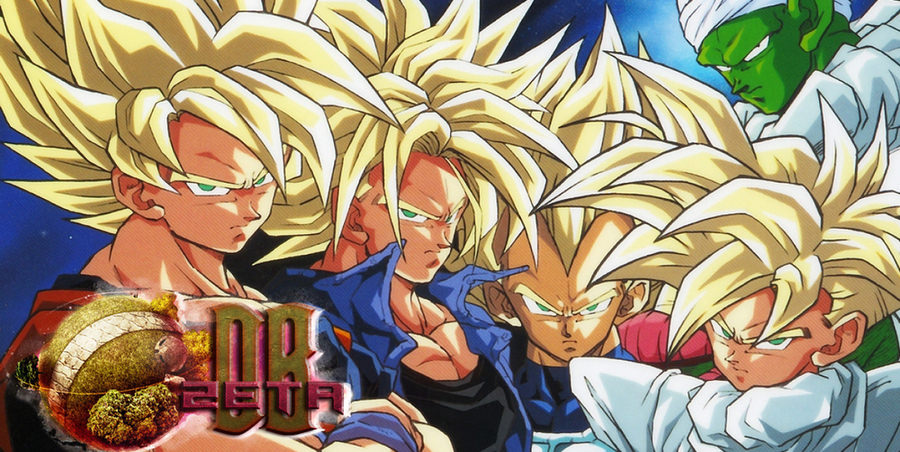Gintama characters do have repetitve traits and mannerisms, however just like a real person they all have at least a few different ones and the extent to which these traits overtly display themselves does vary depending on the situation, which is again similar to a real person. For example, Gintoki's apathy, drive to help others, sarcasm, expression of disdain for other characters (mostly Hijikata, but other characters too) and philosophising all are manifested at varying intensities throughout the series. The same can be said for Hijikata's strictness, his awkwardness and his vices (which are mostly used only for comedic effect tbf, yes) and his rocky relationships with Sougo and Gintoki. Sougo, Kondo, Hasegawa, Kagura and Shinpachi all have a similar variety of traits.
Yes, it is a comedy, so some characters do regularly get relegated to their more comedic and idiotic version of themselves, but to be honest in life it's not uncommon for people to just wade through without expressing different sides of themselves for many days at a time, but occasionally get a chance to step up and show a different side of themselves (whether it be by tackling a challenge at work, handling an emergency or being confronted with a friend who needs to be uplifted). I do think some characters get reduced to being a walking gag too often, such as Katsura and Hasegawa, but even those two get episodes or arcs where they get to show depth and complexity of character; we see that Hasegawa isn't just a lazy bum, but still is a caring man who is capable of getting a good job again, but doesn't because his care for others ends up getting him back into trouble again or makes him sacrifice his own well-being for others (which is how he got homeless in the first place) and we see that Katsura is capable of being a strong leader (although don't get me wrong, I admit Katsura is definitely too stupid most of the time for him to realisitcally be a the solo leader of a militant group, whereas characters like Kondo/Hijikata/Sougo make more sense because they are more balanced and their strengths cover up each other's weaknesses).
Sadly, there are definitely some characters who despite having quite strong initial development get their character assassinated soon after introduction - Sarutobi comes to mind, since almost all her screen time is her being an over the top stalker and pervert, Kyuubei goes from being shown to have genuine confusion and struggle with her gender identity, familial responsibilities and relationship with Otae to just being obsessed with penises and arguably Tsukuyo, although I actually think in her case it's excusable because she doesn't get much screen time any more so we have no time to be exposed to the different sides of her character. On the other hand you also have some single arc characters who get excellent development, such as Itou, whose development made the events leading up to his death for me hands-down the saddest death in anime, even though he was only shown for a few episodes.
As for Gaara, I was referring to the reasons given for his initial behaviour, rather than his change into a calm leader, which probably was too too drastic (unless it happened over the time-skip, but I don't remember). Him becoming Naruto's ally so quickly doesn't come across as unrealistic, seeing as Gaara's love for killing (as a ninja, a desire to kill isn't indicative of having completely lost the ability to connect with others (especially when someone is still in the malleable psychological stage of adolescence), since it literally is a normal part of the job) had similar origins to some of Naruto's problems and coming across someone so similar to himself, who was able to understand him and was almost like another pea in a pod, could easily cause a friendship to start.
With regards to NGE characters, if the characters' traits aren't linked to their shown past, that doesn't make me rate the character development any higher. It just means they all have traits that don't have any clear link to their past and are never explained in any way. Asuka is very forward with Shinji and either this is due to things that are never explored - which would be a lack of character development - or down to her past with her mother, which again just relegates her to only having one defining aspect of her past. When you were 14 were all your actions dependent on one thing in your past? Probably not. To me, when it comes to using a character's past to flesh them out, the strongest development would include at least on of two things which give the characters a more realistic variety of psychological influences, both of which I feel NGE lacks: the first is showing multiple events or relationships in their past to explain their thoughts/behaviour and the second is giving more depth to these events or relationships. The first is probably pretty self-explanatory, whereas the second I'll give an example for. If a character has a defining life experience of being abused/neglected by their parent (which Shinji is an example of), instead of vaguely showing that they were generally abused and now have a multitude of issues, better development would be to show or somehow allude to individual cases of abuse to explain individual present-day behaviours. E.g: The character doesn't argue back because arguing back always led to being punished or abandoned, the character doesn't socialise openly because they had limited human exposure or conversation at a young age due to being neglected, they don't get on with others because they can't relate due to having vastly different upbringings, they can't make choices due to never being allowed autonomy in the past, if they have shallow affect it might be shown to be due to their emotional system being overwhelmed in the past. NGE doesn't have variety or depth to the characters' past events, while some others series do have one or the other. All this isn't to say NGE doesn't have good development, but it still leaves a fair bit to be desired.
"Not when most long series have character development ending at a certain point and having a lot of unnecessary dead time leading up to it."
I'm curious as to what you mean here by "dead time".

